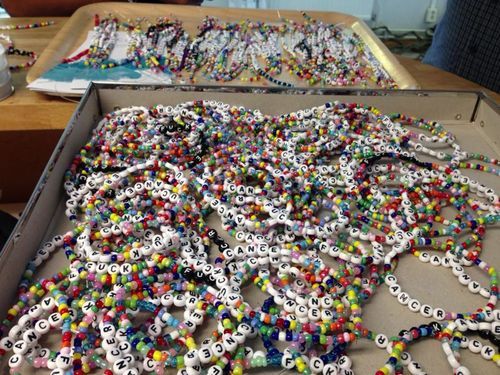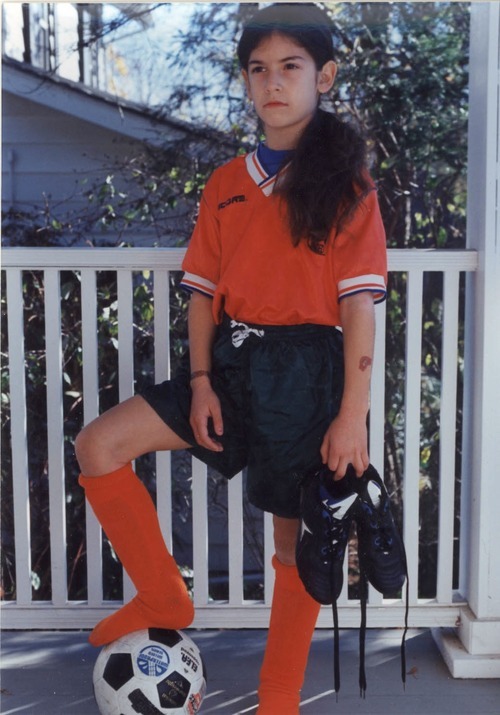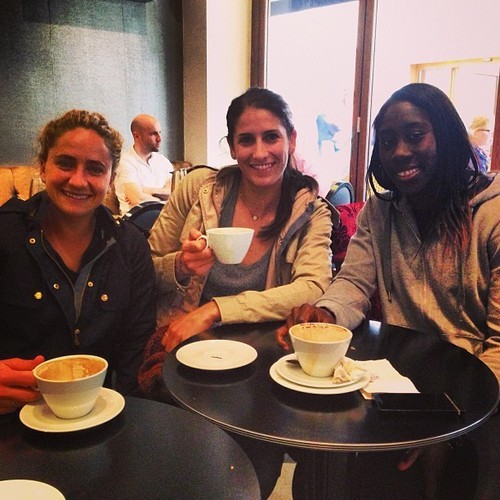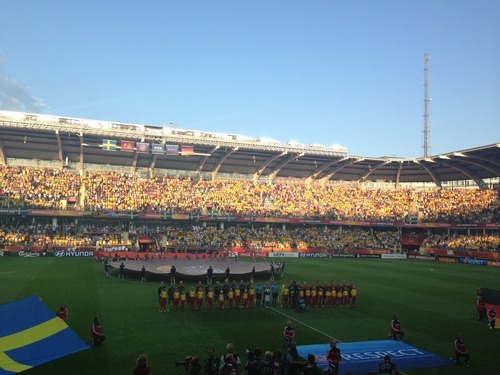
If you are like me, you are suffering from post-World Cup depression.
Like so many viewers around the world, for the last month I have been glued to my television, enthralled by the excitement, skill and tension playing out in Brazil. Now I’m suffering from withdrawal.
If someone had written a script for this World Cup, I doubt it could have encompassed as much drama over the past weeks in Brazil. Heroes were made — like the 23-year-old Colombian James Rodríquez, who scored a tournament-high six goals. And so were villains — the bite seen around the world by Uruguay’s Luis Suárez overshadowed much of his brilliant play on the field.
Powerhouses (Spain) were easily overthrown, while underdogs (Costa Rica) threatened the traditional hierarchy. The flamboyant and emotional host nation was stunned and silenced by the perfectly executed game plan of Germany. Cultures and playing styles clashed, individuals surprised and disappointed, fans screamed in celebration and wept with disappointment, all for a game that transcends the playing field.
During the tournament, some questions came to mind:
Why Is the Beautiful Game So Beautiful?
I’m obsessed with this sport. Beyond my career as a player, and fascination with mastering the skills and athletic qualities to compete, soccer/football/futebol, whatever you call it, has captivated me as a spectator. I often find myself trying to explain and defend the game to the part of the American public who still cannot quite wrap their minds around what makes the sport special. “It’s so boring!” “There isn’t much action.” “I can’t stand all the diving and faking injuries.”
I still contend that soccer is well worth all the hype. The beauty is in the details. The nuances are what make the long games with frequent low scores so fascinating and enthralling. The game is a constant battle of vastly different athletic abilities and skills. Technique, ingenuity, speed, strength, quickness, agility and stamina are on a constant sliding scale as teams compile their best mixture to match opponents. I constantly observe how team tactics can combat individual brilliance, which can come in so many forms, and vice versa. The sheer number of avenues to success breeds a sporting competition like no other.
A low-scoring game allows for more chance of an upset. This World Cup highlighted the importance of last-minute goals and that no underdog can be underestimated. This adds an element of tension unique to the sport.
How Could I Be So Disappointed by the Golden Ball Winner?
I am a huge Leo Messi fan. I think he is possibly the greatest player ever to play the game and I wanted Argentina to win the World Cup solely so that he could add it to his résumé.
I am not one of those who think that everyone on the field must put equal effort and work hard defensively. I don’t mind Messi saving energy for the important moments of brilliance he is able to produce. I watched in disbelief, however, as the minutes of the final ticked away and his effort did not change. And then Argentina was down a goal. Still no change. There was no longer anything to rest for, yet Messi walked and waited for his moment. That moment never came.
As the final whistle blew, I was happy that Germany had won. The greatest player in the world, who I had once seen chase down opposing defenders and win the ball back for his team or lay off the ball on the halfway line and work to get into the box to get on the end of a cross, did nothing of the sort. I don’t care how tired he was, how frustrated. … I cannot fathom walking through the last five minutes of the World Cup final. I think Messi is brilliant and capable of things that no other player on the planet can do. But in my estimation he was not the best player at the World Cup, nor did he deserve to hoist the trophy.
Will the Hype Last in the U. S.?
As I looked on Twitter to see the lineups for Germany-Argentina, I said: Can you imagine what it would feel like to be warming up, about to start in a World Cup final? One of the people I was with laughed and said, referring to the video game, “Yeah, I do it like every day on FIFA.” The sad truth is that, to a lot of Americans, soccer is still only a fun game to play on Xbox, a weird foreign fascination to get hyped about once every four years.
In the wake of the biggest sporting event in the world, which permeates cultures everywhere, perhaps the United States has bounced back most quickly. “SportsCenter” has an abundance of news from other sports to cover, with relatively minimal residual World Cup analysis.
That being said, I have a lot of hope. Despite the Jimmy Kimmel segment, in which a handful of self-proclaimed serious soccer supporters erroneously commented in-depth on Landon Donovan’s performance in the World Cup, I do think our country is starting to fall in love with the game. Walking through Dupont Circle in Washington during the U.S.-Germany game gave me a sense of the passion felt around the world. The soccer jerseys I saw on the metro, worn everywhere and pervasive comments on social media also signified the unprecedented support for the American team. It was important that we emerged from group play, because after all, our society is obsessed with winners.
My hope is that the drama, tension, and excitement has made more people fall in love with the game I have loved for years. Maybe true love takes a while, but this World Cup was surely a good first date.

 I smile and sign autographs no matter what. Most fans don’t seem to care much if we won or lost. They don’t know if I had the game of my life or a complete shocker. They say, “Great game! You were awesome!” Sometimes they even tell me I was wonderful when I didn’t play a single minute. I thank them whether I feel on top of the world or have a lump of disappointment in my throat.
I smile and sign autographs no matter what. Most fans don’t seem to care much if we won or lost. They don’t know if I had the game of my life or a complete shocker. They say, “Great game! You were awesome!” Sometimes they even tell me I was wonderful when I didn’t play a single minute. I thank them whether I feel on top of the world or have a lump of disappointment in my throat. Here are eight ways I am reminded I have stayed the same since I was 8 years old:
Here are eight ways I am reminded I have stayed the same since I was 8 years old: ■ I Love When My Parents Come Watch Me Play From my first soccer game, which had no goalkeepers, to this day, it means the world to me when my family and loved ones can watch me play. When my parents drove down from New Jersey for the Spirit’s home opener, it was the same. It doesn’t matter to me if I’m kicking around in a parking lot or suiting up for my professional team or with the U.S. women’s national team. Having my loved ones present to share my passion is everything to me.
■ I Love When My Parents Come Watch Me Play From my first soccer game, which had no goalkeepers, to this day, it means the world to me when my family and loved ones can watch me play. When my parents drove down from New Jersey for the Spirit’s home opener, it was the same. It doesn’t matter to me if I’m kicking around in a parking lot or suiting up for my professional team or with the U.S. women’s national team. Having my loved ones present to share my passion is everything to me.


 In training, the aim was always to hit the red flag. Casey and I would show up at Finley practice fields in Chapel Hill, N.C., an hour before training started so that we could work on free kicks. If you hit the red flag, a roughly 2-inch-by-2-inch tag that hung in the top corner of each side of the net, you automatically won.
In training, the aim was always to hit the red flag. Casey and I would show up at Finley practice fields in Chapel Hill, N.C., an hour before training started so that we could work on free kicks. If you hit the red flag, a roughly 2-inch-by-2-inch tag that hung in the top corner of each side of the net, you automatically won.
 “Christen! Knee over the ball!” Christen Press talks to herself in the third person on the field when her finishing isn’t up to par.
“Christen! Knee over the ball!” Christen Press talks to herself in the third person on the field when her finishing isn’t up to par.



 GOTHENBURG, Sweden — I am often asked if I am like so many other Americans who think Europe is one big country and who do not bother to differentiate between its various nations and cities.
GOTHENBURG, Sweden — I am often asked if I am like so many other Americans who think Europe is one big country and who do not bother to differentiate between its various nations and cities.
 Photograph by Per MontiniThe writer playing for Gothenburg, which beat Malmo, 2-1, in a recent Swedish league game.
Photograph by Per MontiniThe writer playing for Gothenburg, which beat Malmo, 2-1, in a recent Swedish league game. Photograph by Gloria AverbuchIn Montclair, N.J., 8 years old or thereabouts.
Photograph by Gloria AverbuchIn Montclair, N.J., 8 years old or thereabouts.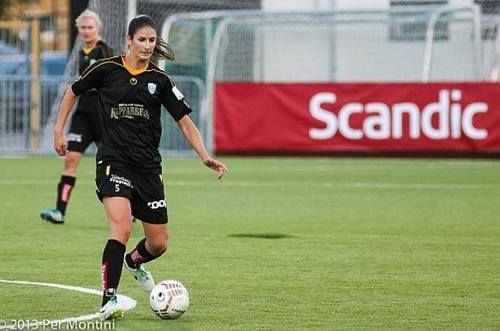
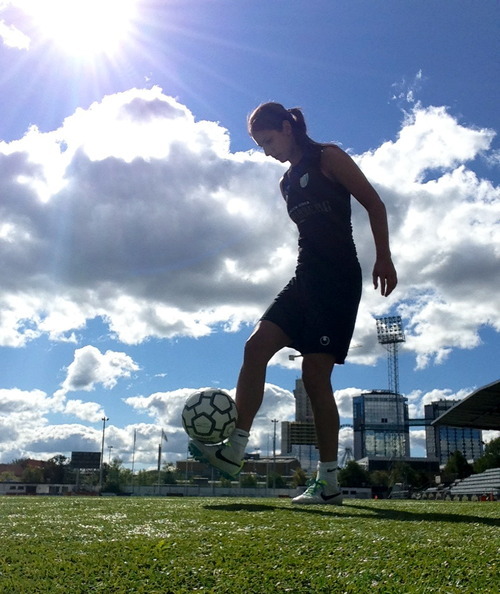
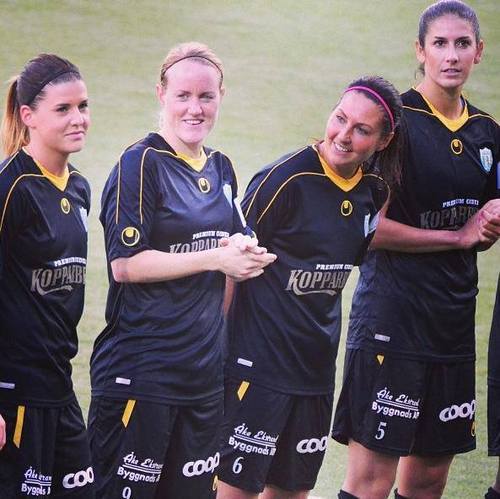

 The club bought purple bikes for the author and a teammate.
The club bought purple bikes for the author and a teammate.